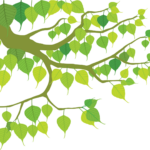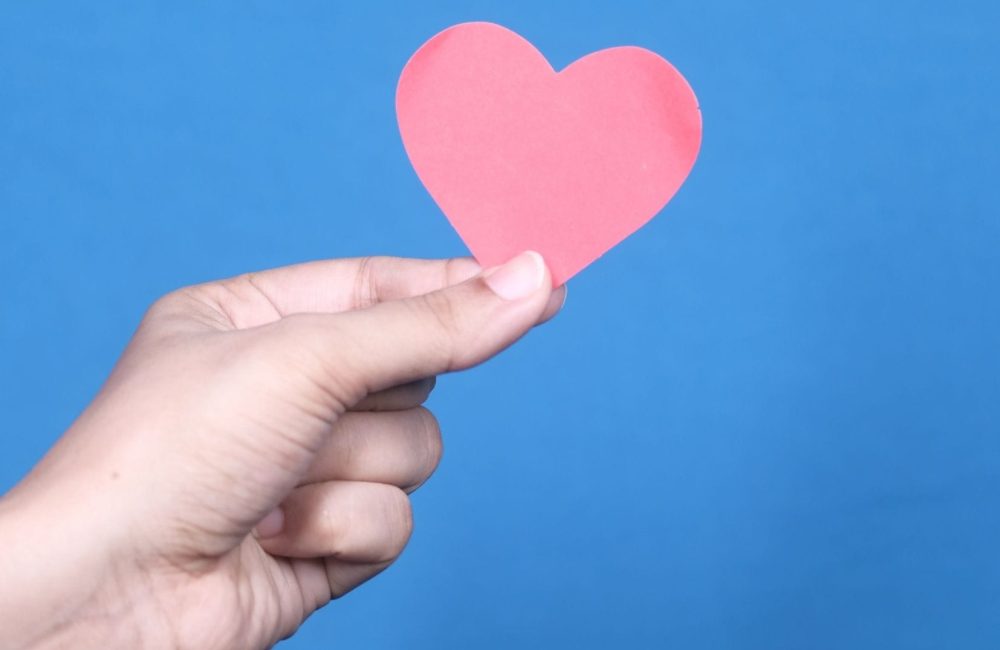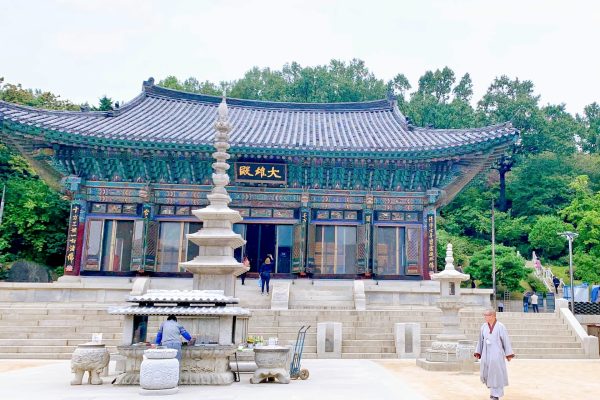Our Work – What We Do
AVP Workshops: Peer-led, Experiential, and Transformative
Our workshops explore the underlying causes of anger and violence with empathy. Through discussion, games, activities and role play participants explore their own feelings and develop greater self-awareness. There is a focus on building self-esteem and valuing ourselves and each other. Developing listening and communication skills and assertiveness supports healthy relationships. The cooperation and trust that is built opens the potential for community building both inside the workshop and beyond. Conflict response skills and problem-solving skills help us to deal with the situations we face in the future. We are increasing the respect we have for ourselves and others.
Participation is strictly voluntary. Our workshops are 100% experiential, meaning we don’t give talks or presentations. Instead, all learning stems from bottom-up processes of reflection that emerge through discussion and collective exercises. We strive to create safe spaces where participants feel comfortable sharing difficult experiences and being vulnerable. Since these conversations can be deep and challenging, we also make sure to incorporate some fun along the way!
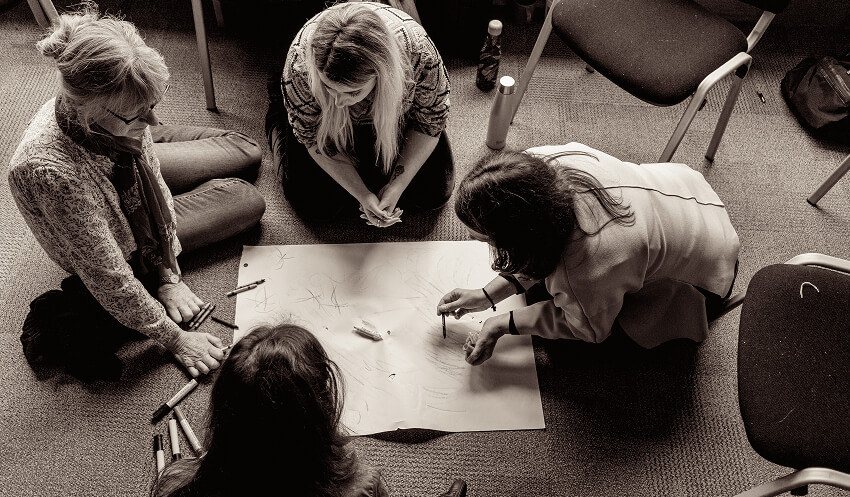
AVP Workshops
Our Workshop Journey: From Participant to Facilitator
Everyone starts out as a workshop participant. After progressing through the workshop levels, those interested in becoming facilitators may join the Training for Facilitators.
Level 1
Basic Level – Participants engage with the foundational themes of our workshops.
Level 2
Advanced Level – Participants decide jointly on the focus of the workshop and engage in more focused reflections on specific topics.
Level 3
Male/Female Awareness – Participants deepen their reflections on how gender has impacted their life experiences.
T4F
For those who wish to become facilitators, they participate in a Training for Facilitators (T4F), after which they begin co-facilitating with more experienced facilitators. This provides an opportunity to deepen their training and continue engaging with the content.

What Happens Next?
In order to participate in AVP workshops, you will be required to undergo IPS security clearance and Garda vetting. It may take several weeks for your clearance to be confirmed. We will provide you with induction training and introduce you to the AVP community, so you can familiarise yourself with the AVP ethos and values that guide our work.
Our onboarding process is gradual, as we want everyone to ease into the experience and have the opportunity to enjoy the joy and magic of our workshops. This means you will first participate in our workshops as a regular attendee before completing training to become a facilitator and co-facilitate workshops alongside our trained inside and outside facilitators. As we believe in lifelong learning, we provide opportunities for reflection and learning through training sessions and communities of practice for all volunteers, regardless of their level of experience.
Throughout this process you will receive ongoing support from our coordinator and the AVP community.
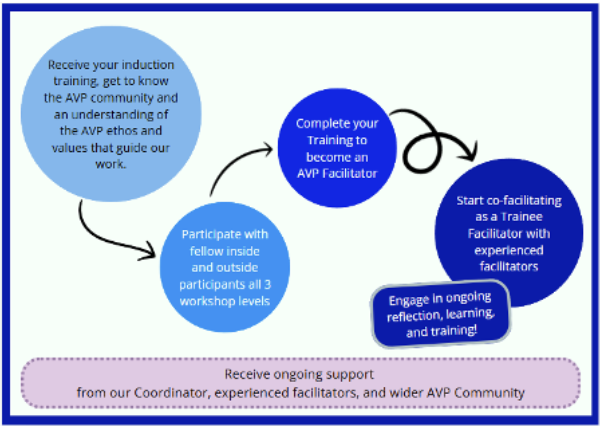
What are the workshops about?
Our work is guided by a set of core values that we aim to implement in everything we do. These include shared leadership, inclusiveness, belief in the good within everyone, consensus, community, mutual respect, consistency, and safety.
The core themes we explore in our workshops, which we consider essential for leading a non-violent life, include:
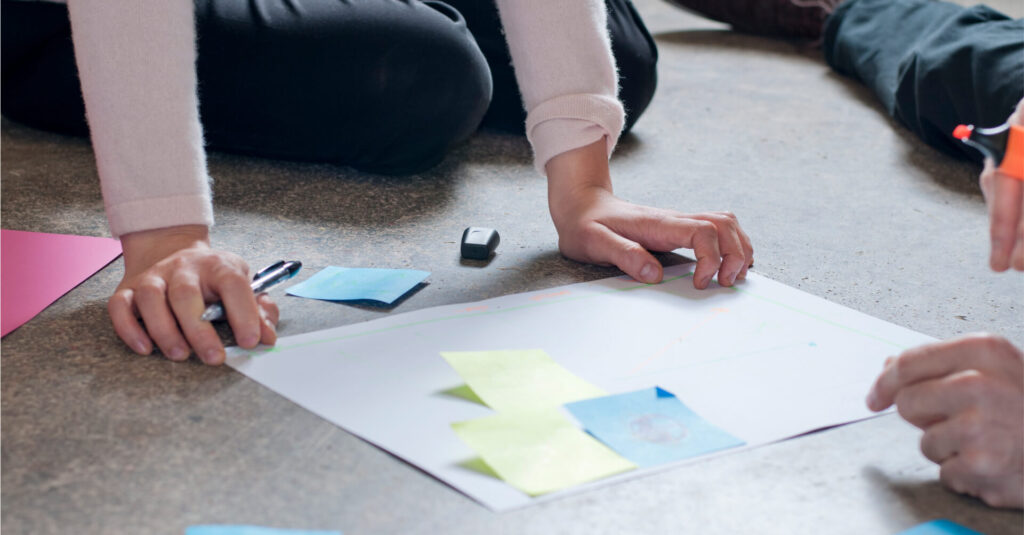
Improving communication skills is an essential part of our workshops. We begin with introductions, agreeing on boundaries, sharing names, and getting to know the group. The exercises help us improve listening skills and share positive qualities about one another.
Learning to cooperate in a group can take different forms, even without verbal communication! AVP is an experiential programme—everything we do in our workshops begins with personal experiences. Before discussing co-operation, we remind ourselves how it feels to work in a group, whether co-operating with others or not. Reflecting on these experiences and learning from others helps us grow as individuals.
Group construction and trust exercises help build a sense of community, along with fun games and shared storytelling. These activities are enjoyable and also teach us a lot about ourselves and others. Our trained facilitators debrief each exercise, drawing out lessons and insights from the group. AVP workshops are great team-building tools, helping participants build trust and understanding.
A key element of AVP is pre-emptive conflict resolution by creatively transforming unhealthy relationships through sharing, caring, improved communication skills, and sometimes, humour. Role-plays and other drama-based activities allow us to explore different approaches to conflict. Important insights are gained during these exercises, which are then flexibly adapted and debriefed, helping us reflect and learn.
Reflection is a key principle of our workshops, serving as the foundation for personal growth and deeper understanding. Participants are encouraged to critically reflect on their own behaviours, experiences, and responses, fostering self-awareness and the ability to make positive changes. Through guided reflection, individuals can better comprehend their past actions and learn how to approach future challenges with greater insight.
Trust is essential to create a safe environment where participants feel comfortable sharing their experiences and vulnerabilities. Trust-building exercises and shared group activities strengthen connections, allowing for open communication and mutual support.
Conflict resolution and conflict transformation are central to the workshops, as participants are guided to not only resolve disputes peacefully but to transform conflict into an opportunity for personal and relational growth. By fostering dialogue, empathy, and understanding, the workshops equip individuals with the skills to manage conflicts in healthier, non-violent ways, ultimately contributing to stronger communities.
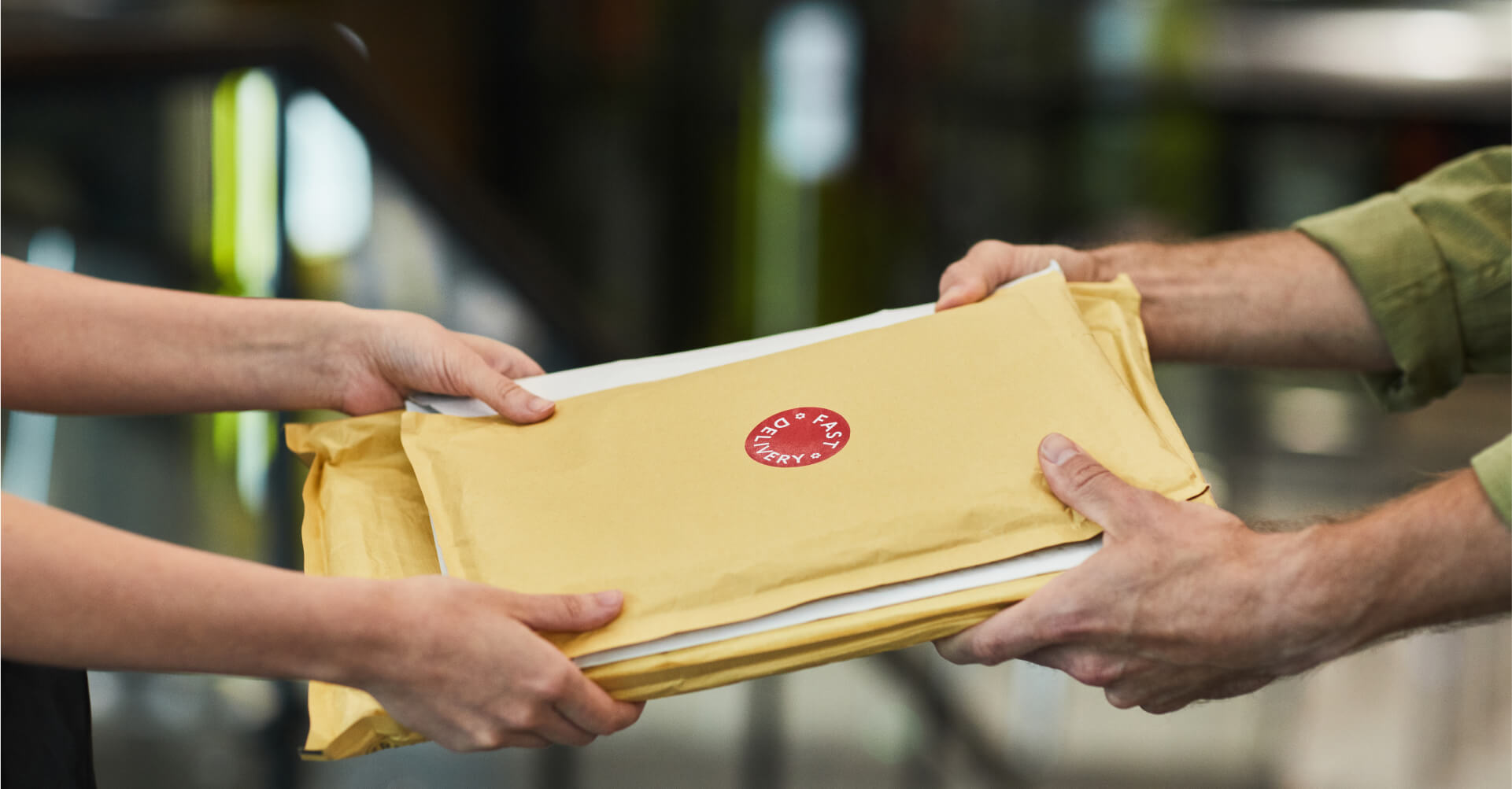
Other modalities
During the COVID-19 pandemic, we offered an AVP postal course for people in custody that covered similar topics. While this modality is no longer offered, we may consider it under exceptional circumstances.
In the past, we also offered workshops in community settings outside of prisons to promote non-violent approaches to conflict and empower young people to become ambassadors for non-violence in their schools and communiites. Currently, this modality is not being offered.



